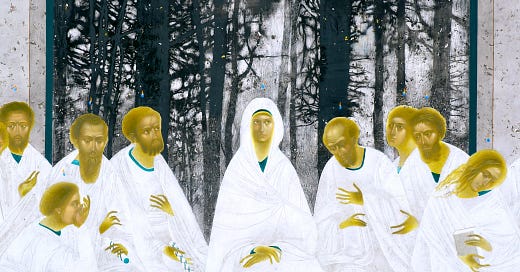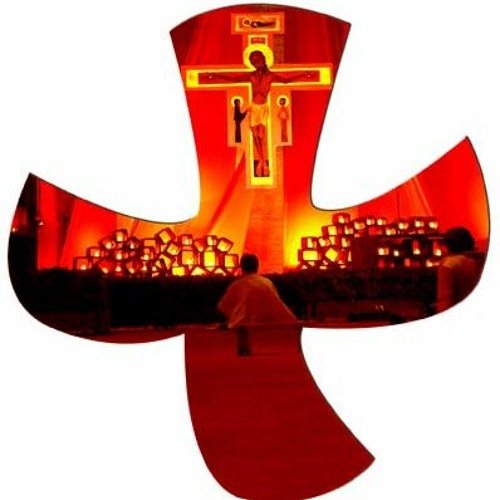Genesis 11.1-9 and Acts 2.1-18
I studied five years of Latin in high school and four years of German. I can still decline the word for ‘farmer:’ acricola, agricolae, agricolam. And I can recall enough German to appreciate Indiana Jones on a deeper level. I studied Greek and Hebrew in seminary, and I still know them well enough to venture into the Old and New Testaments like a treasure hunter armed with a few well-chosen tools. But when it comes to speaking, when it comes to listening, I’ve never been very good at languages.
I’ve always heard how languages come easier for babies than they do for adults— their minds are like sponges, so goes the cliche. But, really, I think the difference is that no one hands out little treats when an adult finally gets the right word for “potty” or “hungry.”
Despite my relative ambivalence about languages, on my second day of my first semester of college I decided to enroll in French class. My roommate and I were sitting in a boring Intro to English Literature course, listening to a beer-bellied, gray-haired professor recite Beowulf in Old English. And across the hall, in the classroom opposite ours, we both noticed a twenty-something, red-haired woman standing in front of a chalk board wearing a tight leather skirt, teaching French.
We changed our schedules that afternoon.
The French teacher’s name was Isabelle, but, because of the siren-like spell she cast over my friend and I, to this day my wife refers to her as Jezebel. My interest in French more or less began and ended with Isabelle but, once I’d enrolled, the college required me to stick it out for three additional semesters. The good thing about French is that you can get by by approximating an accented mumble. My own accent slash mumble was a hybrid of Charles Aznavour and Detective Briscoe from Casablanca.
I passed the written exams by rote memorization, and I survived the listening comprehension tests by correctly assuming that most French conversations were about Miles Davis or American Imperialism. After four semesters, I ended up with an A average but the memory of Isabelle lingered longer. Today I can recall a few French words, but when it comes to understanding, it’s all confusion for me.
“And the Lord said, “Look, the people all have one language; this is only the beginning of what they will do.””
Years ago, I traveled to France to spend a week at Taize, an ecumenical monastery in the Burgundy countryside. Taize is a destination for thousands of Christian pilgrims from places scattered all over the globe. And “pilgrimage” seems an appropriate descriptor when you consider how long and trying and confusing the journey there can prove.
At the beginning of the pilgrimage I was wandering around CDG airport in Paris, trying to locate my connecting flight. The gate number printed on my boarding pass didn’t match the listings on the terminal television screen. I made the mistake of walking up to the desk at what should’ve been my gate and asking for help.
“I’m just wondering if I’m at the right gate,” I said.
The frenchman behind the counter stared at me blankly and said ‘Oui.’
Not satisfied he’d understood me, I handed him my boarding pass and decided to speak every traveling American’s second language. I just spoke louder, “I’M JUST WONDERING IF I’M AT THE RIGHT GATE.”
Keep reading with a 7-day free trial
Subscribe to Tamed Cynic to keep reading this post and get 7 days of free access to the full post archives.





